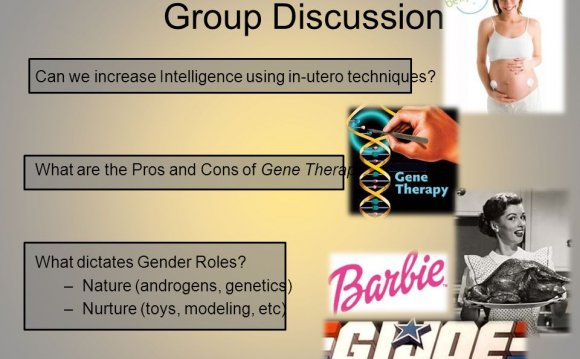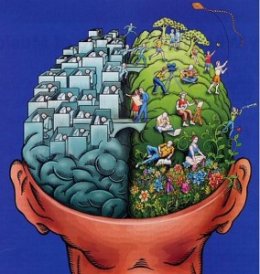
 I live in a college town.
I live in a college town.
In fact, I live in the college town in which I used to attend college.
I moved back here a few months ago and I pass my (er, the college’s) library daily. It brings back plenty of academic memories — and, surprisingly, they’re not the stressful ones. In the six years that have passed since my graduation, the memories of stress and panic and due dates and overwhelming projects has faded.
But the positive stuff remains: the nights spent in a library study nook with my Intro to Communication textbook and a highlighter. (I loved that class.)
The satisfaction of applying a concept I learned in my 9 a.m. Intro to Logic class to my 2 p.m. Composition class. (I could point out all the major logical fallacies in our assigned reading.)
The scent of the pages of a brand-new textbook. (Am I the only one who thinks that new books sort of smell like cucumbers on the inside?)
I hit the peak of wistful sentimentality last week and found a way to re-create a portion of the academic college experience (without the stress!): watching actual college lectures on Academic Earth.
Go ahead. Call me a nerd. I’ll graciously accept your label and even take a small bow.
4 Free Online Psychology Courses
There are dozens (if not hundreds) of free online courses from major universities like Yale and MIT. Academic Earth collects these courses and catalogs them by professor and category. (They’re rated by quality, too.)
I’m about a third of the way through Dr. Paul Bloom’s “Introduction to Psychology” course right now. I highly recommend checking it out if you’d like to:
- Garner a greater appreciation for the study of the mind
- Expand your definition of “psychology” beyond the world of mental disorders
- Discover how humans create, learn, and use language
What do your dreams mean? Do men and women differ in the nature and intensity of their sexual desires? Can apes learn sign language? Why can’t we tickle ourselves? This course tries to answer these questions and many others, providing a comprehensive overview of the scientific study of thought and behavior. It explores topics such as perception, communication, learning, memory, decision-making, religion, persuasion, love, lust, hunger, art, fiction, and dreams. We will look at how these aspects of the mind develop in children, how they differ across people, how they are wired-up in the brain, and how they break down due to illness and injury.
Dr. Bloom’s presentation of the material is intellectually stimulating, but it’s also quite accessible. Don’t fear: because the course is designed as an introductory one, the professor doesn’t assume his students have any formal study of psychology. He explains complex concepts clearly. He cracks relevant jokes to engage the audience. He explains why you’re still avoiding that food or beverage that you vomited up when you were 8.
If you need a dull lecture to lull you to sleep tonight, don’t watch a lecture from this course. It’ll keep you awake and you’ll be Googling phrases like “object permanence” and “taste aversion” at midnight.










